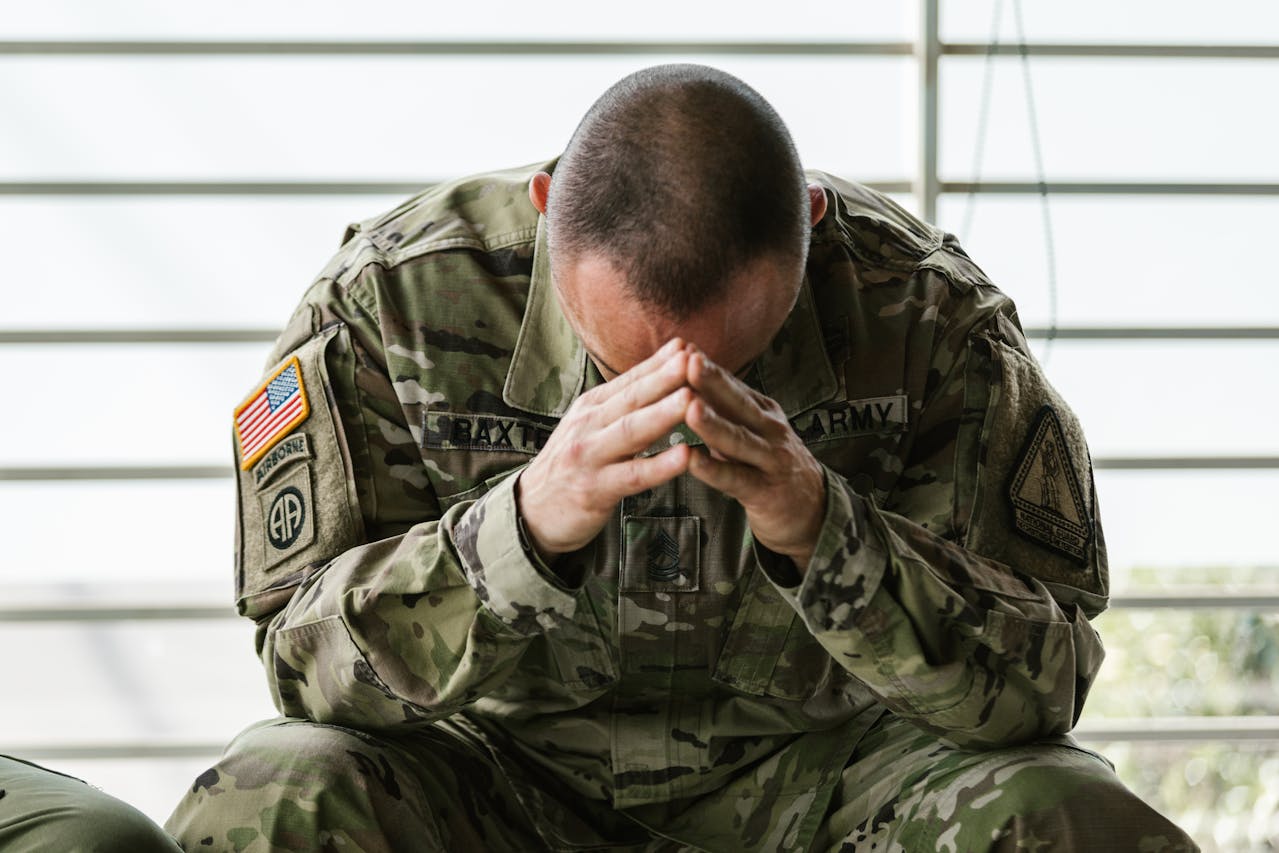News
Nearly One-Fourth of Assaulted Teens or Young Adults Have a Gun
Gun violence is one of the leading killers amongst teenagers and young adults. In high crime neighborhoods, researchers have identified a vicious cycle of gun violence in which teenagers pick up on social cues that lead to gun possession. This possession then leads to more gun-related crimes, injuries and deaths. In a new study, researchers decided to analyze this cycle with the hopes of finding a way to prevent it from continuing.
"This study zeroes in on a high-risk population of assault injured youth that has not been studied in this way previously," says lead-author Patrick Carter, M.D., a clinical lecturer and injury research fellow in the Department of Emergency Medicine at the University of Michigan (U-M) Medical School and substance abuse section of the Department of Psychiatry.
The research team interviewed 689 teenagers and young adults who passed by the Hurley Medical Center Emergency Department seeking medical treatment from an assault. The emergency department is located in Flint, MI, which is considered by the FBI to be one of the cities with a population of over 100,000 with the highest rate of violent crime. The researchers found that 23 percent of these patients owned a gun or carried one within the past six months. 80 percent of them admitted that their guns were acquired illegally. 22 percent of them revealed that they had either a highly lethal automatic weapon or a semiautomatic weapon. The researchers did not count weapons that were used for hunting or target practice.
The researchers found that people who possessed guns were more likely to have been in some kind of altercation and were more likely to approve of the act of retaliation. They were also more likely to misuse prescription drugs and to use illegal drugs. Despite finding the correlations between gun possession and violent crimes in the youth, the researchers did not present any new preventative measures that could be taken in the hospital setting. The researchers do hope that their findings could help with public health interventions.
"The high rates of substance use, fighting and attitudes favoring retaliation, combined with the fact that so many of these youth had firearms, increases their risk for future firearm violence, as well as injury or death. But, our findings also provide an opportunity for public health interventions that could decrease their future firearm violence risk," Carter added according to Medical Xpress.
The study was published by Pediatrics.









Join the Conversation